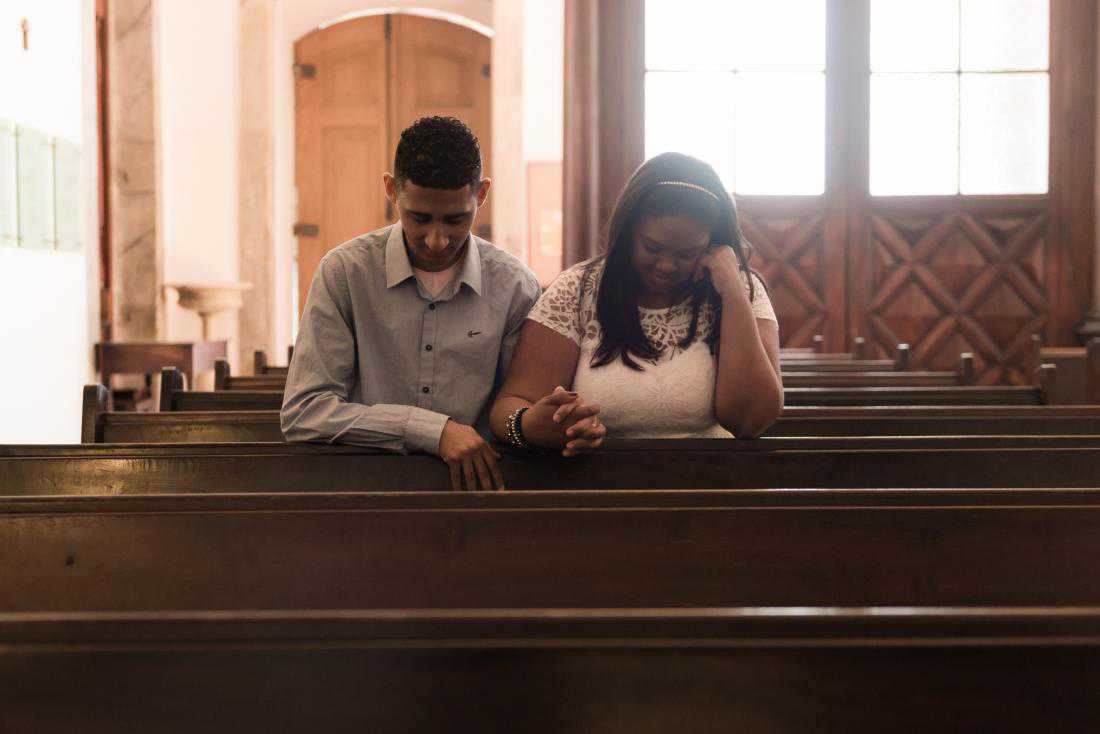How religious experiences may benefit mental health
30 April, 2019

A survey of thousands of people suggests that mystical experiences positively affect a person's mental health, regardless of whether they are naturally occurring or a result of psychedelic drugs.
Religion may have a wide range of health benefits, research suggests.
For instance, a study that appeared last year found that religious believers tend to live 4 years longer, on average, while another study found that attending religious ceremonies slashes the risk of premature death among seniors.
Emerging research is also looking into the mental health benefits of various psychedelic substances.
For example, several studies have shown that psilocybin — the psychoactive compound in so-called magic mushrooms — has the potential to treat severe depression without the side effects of conventional antidepressants.
Now, a new study is bringing these research topics together, as a team of psychologists sets out to examine the effects of naturally occurring and drug-induced mystical experiences on mental health.
Roland Griffiths, Ph.D., a professor of psychiatry and behavioral sciences at the Johns Hopkins University School of Medicine in Baltimore, MD, led the team to look at the effects of spontaneous and chemically induced religious experiences among thousands of participants.
Prof. Griffiths and colleagues published their findings in the journal PLOS One.
Studying religious and mystical experience
The researchers asked 4,285 study participants to answer a survey in which they had to describe their "God encounter experiences and mystical experiences."
The surveys asked the participants about their experiences with the "God of [their] understanding," a "Higher Power, Ultimate Reality, or an Aspect or Emissary of God (e.g., an angel)." The survey also inquired about how the participants felt after the experience and how it changed their lives, if at all.
Approximately 69% of the participants were male, aged 38 years on average, and the vast majority of the respondents were white. The study looked at mystical experiences that occurred both naturally and as a result of taking psychedelics, using two different surveys.
A total of 3,476 participants answered the psychedelics survey, and 809 answered the non-drug survey.
Specifically, in the former group, 1,184 participants took "magic mushrooms," 1,251 took lysergic acid (LSD), 435 took ayahuasca, and 606 reported taking N,N-dimethyltryptamine (DMT).
"Most participants reported vivid memories of the encounter experience, which frequently involved communication with something having the attributes of being conscious, benevolent, intelligent, sacred, eternal, and all-knowing," report the researchers.
TAG(s):
